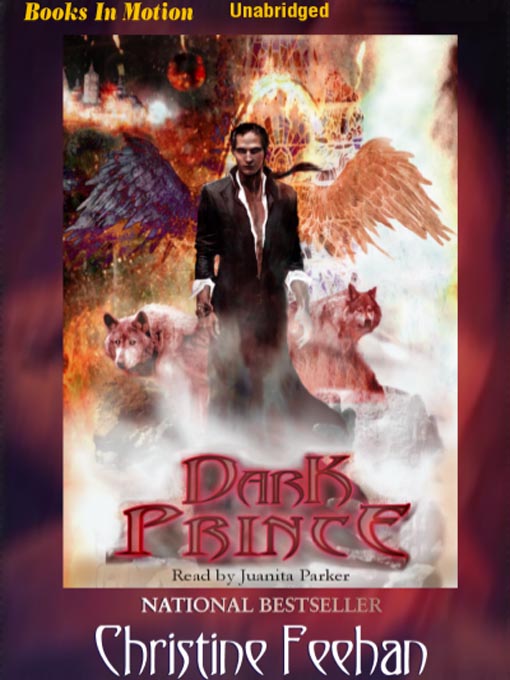by Mark Waid (story) and Alex Ross ( art), 228 pages
Some thirty years after the glory days of Superman, Batman, Wonder Woman, and other big-name superheroes, the next generation of "metahumans" is making its mark on society--and it's not a pretty one. Without their predecessors' work ethic and moral codes, the new super-powered wave is wreaking havoc as they try to prove themselves more powerful than the next metahuman with no concern for the collateral damage they incur in the process. Fed up, world government officials are discussing new stringent laws curtailing the rights of metahumans (or even more drastic measures) while Wonder Woman goes looking for Superman to try and convince him to come out of his self-imposed retirement following a catastrophic accident when he last faced off with a reckless metahuman. Witness to the conflict and deliberation is a human preacher, chosen by the Vision to pass judgment on all those involved in the conflict (humans and heroes, alike) and direct the fate of the world.
Caveats: I am not a big superhero comic reader and most of what little knowledge I have is of the Marvel variety. That said: This sure is pretty, with its near photo-realistic painted panels. My only complaint on the visuals is that sometimes they look
too photographic, looking more like captured poses than captured action and often as though characters interacting in the same panel were painted from two separate photographs, with their eyes intently looking off into space instead of at each other. Still, pretty. And an instance in which the cover accurately represents the content, which I very much appreciate (and which is an annoyingly rare occurrence in mainstream American comics). Story-wise, I had a harder time with this, largely because I am not a DC girl and am not familiar with many faces or stories outside the three mentioned in the above paragraph's first sentence (and most of that is from movies and TV reruns, not the actual comics). Since much of the plot relies on readers' prior knowledge of DC characters and backstories, I felt a little lost and ignorant. I also felt the narration itself was overly dramatic and pretentious, but I imagine I would have more easily accepted its preachy weightiness if I'd had a better understanding of what was going on and who people were. Even with my confusion, however, the action's climax is actually a little moving (even if I didn't have any idea who Billy Batson / Captain Marvel was and had to figure out from context why he kept saying "shazam!"). (Go ahead, laugh at my ignorance. My big brother already did when I explained my reactions to him--and he's a Marvel person, too, just a more well-rounded one.) I did like sarcastic, snarky Batman, though, even with his weird exoskeleton thingy. (He's always been the most relatable and interesting of the major DC personalities for me.) And my favorite scenes are of him, Superman, and Wonder Woman hiding in plain sight by hanging out in a horrifically tacky superhero-themed restaurant, talking and laughing and acting more human and down-to-earth than anywhere else in the book.
Not a good gateway into the genre, this, though if you're already a DC fan it's probably on your must-read list. I think I prefer Ross's equally pretty
Marvels (written by Kurt Busiek), not just because it takes place in a universe I know more about, but because rather than portraying a chaotic future involving famous faces from the perspective of an outsider familiar with their stories, it portrays a handful of famous origin stories from the point-of-view of an outsider to whom the faces and events are new, too, meaning that even if you miss a lot of the references you can still appreciate and understand most of what's happening. Both
Kingdom Come and
Marvels have won a handful of Eisner Awards, so they are worth taking a gander at if you want proof that superhero comics can be "art."

















